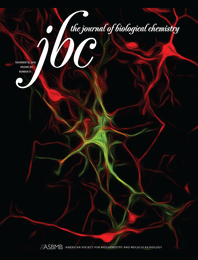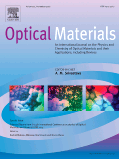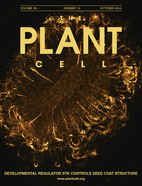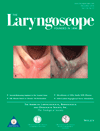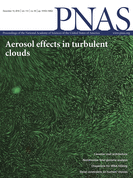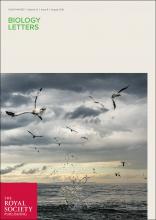 An ecologist in Australia realized a database he was using to spot trends in extinction patterns was problematic, affecting two papers. One journal issued an expression of concern, which has since turned into a retraction. So far, the other journal has left the paper untouched.
An ecologist in Australia realized a database he was using to spot trends in extinction patterns was problematic, affecting two papers. One journal issued an expression of concern, which has since turned into a retraction. So far, the other journal has left the paper untouched.
The now-retracted paper concluded that medium-sized species on islands tend to go extinct more often than large or small mammalian species. But a little over a year ago, Biology Letters flagged the paper with an expression of concern (EOC), noting “concerns regarding the validity of some of the data and methods used in the analysis.”
Now, last author Marcel Cardillo at Australian National University has come to a new conclusion about extinction patterns. A retraction notice that has replaced the EOC explains:
Continue reading Error-laden database kills paper on extinction patterns
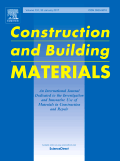 A material science journal has retracted a
A material science journal has retracted a 